The National Sports Policy, also known as Khelo Bharat Niti, signals a significant shift, allowing athletes of Indian origin residing abroad to represent India internationally. This move contrasts with the previous requirement that only Indian passport holders could compete for the nation.
This policy aims to strengthen India's sports ecosystem and improve global sporting ties by encouraging Indian-origin athletes to play for the country.
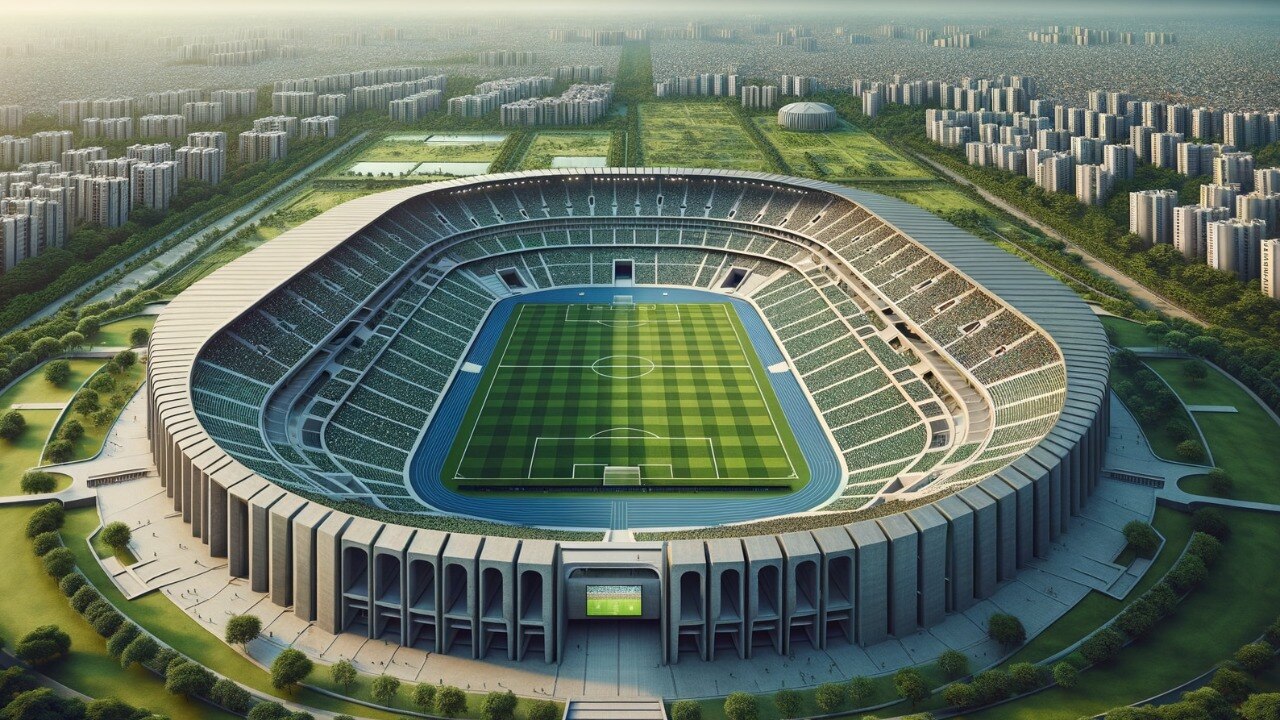
A previous ban imposed in 2008, which prevented Overseas Citizens of India (OCI) card holders from representing India, had a negative impact on the nation's progress in sports like football and tennis.
The 20-page Khelo Bharat Niti document emphasizes the use of sports for international diplomacy and cooperation, stating that it can be a powerful tool for fostering these relationships. The policy encourages promising athletes of Indian origin living abroad to return and compete for India at the international level.
These efforts aim to transform sports into a dynamic tool for cultural diplomacy and nation-building, reinforcing the global Indian identity. The ministry aims to strengthen India’s sporting ecosystem through this initiative.
The new policy highlights the promotion of international sports exchange programs to facilitate knowledge sharing, capacity building, and collaborative development.
The All India Football Federation (AIFF) has shown particular interest in allowing OCIs to participate, although there aren't currently any major names who could immediately be considered for the Indian team even if the ban were lifted.
In tennis, notable players like Prakash Amritraj, son of Vijay Amritraj, were affected by the OCI ban. Amritraj represented India in 10 Davis Cup ties between 2003 and 2008 before the restrictions were implemented.
Newer articles
Older articles
 Rishabh Pant: Greg Chappell Hails India Star as Cricket Game-Changer
Rishabh Pant: Greg Chappell Hails India Star as Cricket Game-Changer
 Gavaskar Calls for Kuldeep Yadav Inclusion in Second Test Amid Bumrah Fitness Concerns, Cites Birmingham Pitch Advantage
Gavaskar Calls for Kuldeep Yadav Inclusion in Second Test Amid Bumrah Fitness Concerns, Cites Birmingham Pitch Advantage
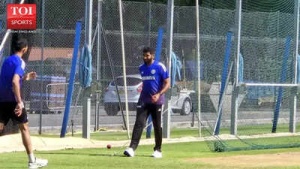 Bumrah's Birmingham Bowling Blitz: Accuracy, Angle Variation Headline Intense Net Session as Kuldeep Sharpens Skills
Bumrah's Birmingham Bowling Blitz: Accuracy, Angle Variation Headline Intense Net Session as Kuldeep Sharpens Skills
 Jaiswal Aims to Shatter Gavaskar's 49-Year Record in Edgbaston Test
Jaiswal Aims to Shatter Gavaskar's 49-Year Record in Edgbaston Test
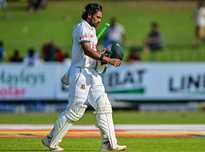 Bangladesh Test Captain Najmul Hossain Shanto Resigns After Sri Lanka Defeat
Bangladesh Test Captain Najmul Hossain Shanto Resigns After Sri Lanka Defeat
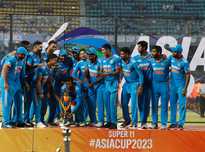 Asia Cup 2025: ACC Aims for September Start as Optimism Surges Amid Geopolitical Shifts
Asia Cup 2025: ACC Aims for September Start as Optimism Surges Amid Geopolitical Shifts
 Pogba Resumes Career, Signs with AS Monaco After Doping Suspension
Pogba Resumes Career, Signs with AS Monaco After Doping Suspension
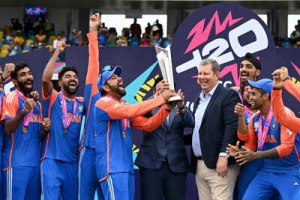 Rohit Sharma Reflects on India's T20 World Cup Triumph, Hails Barbados as "Lucky Ground"
Rohit Sharma Reflects on India's T20 World Cup Triumph, Hails Barbados as "Lucky Ground"
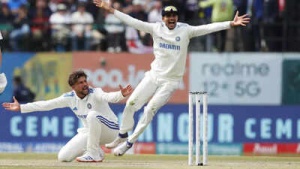 Edgbaston Test Preview: Experts Call for Kuldeep Yadav's Inclusion as India Seeks Series Leveler Against England
Edgbaston Test Preview: Experts Call for Kuldeep Yadav's Inclusion as India Seeks Series Leveler Against England
 Alcaraz Concedes to Wimbledon Nerves After Five-Set Opening Round Battle
Alcaraz Concedes to Wimbledon Nerves After Five-Set Opening Round Battle